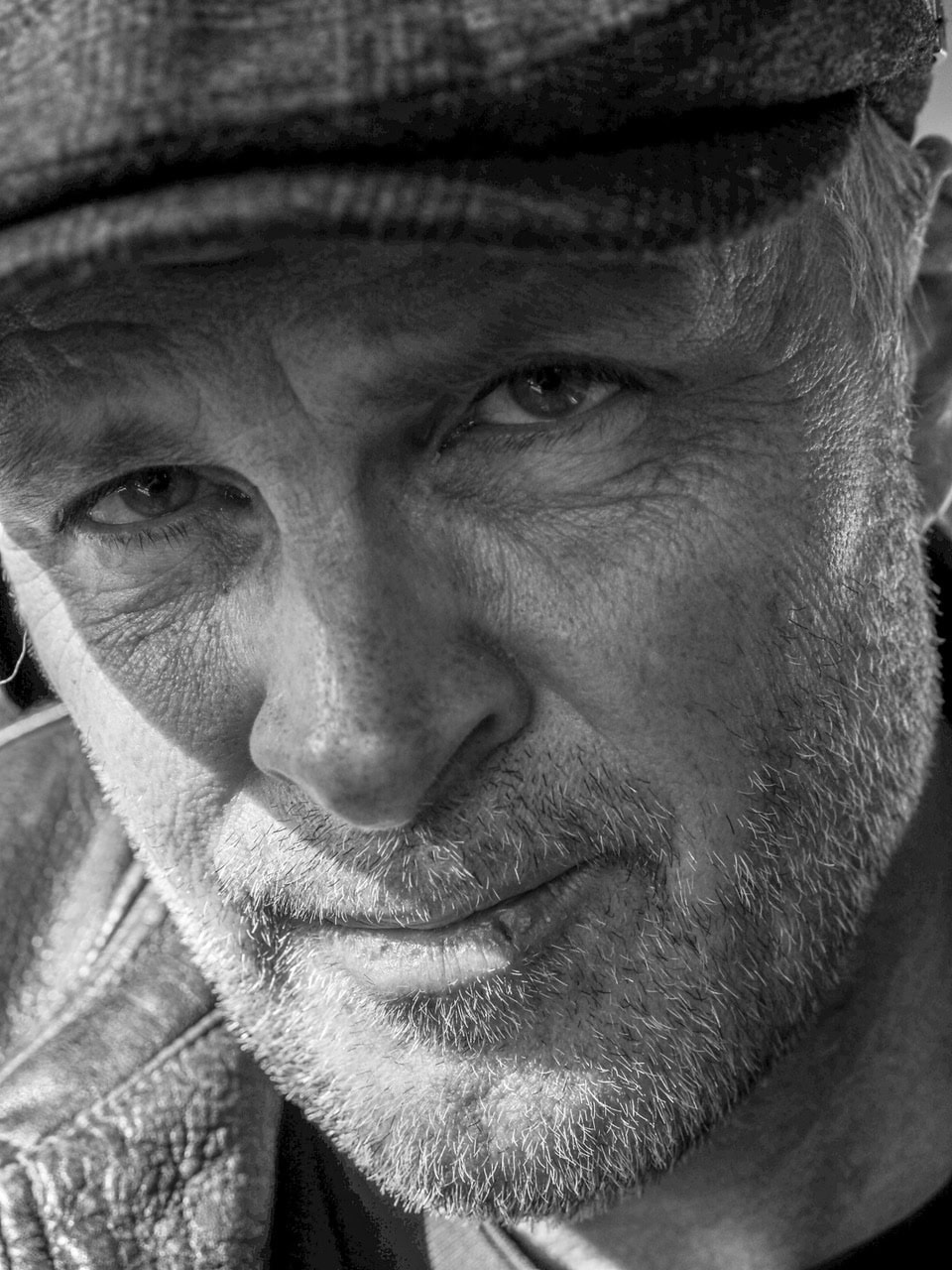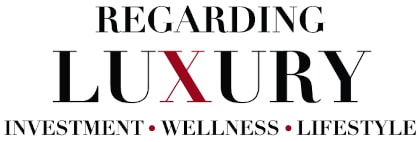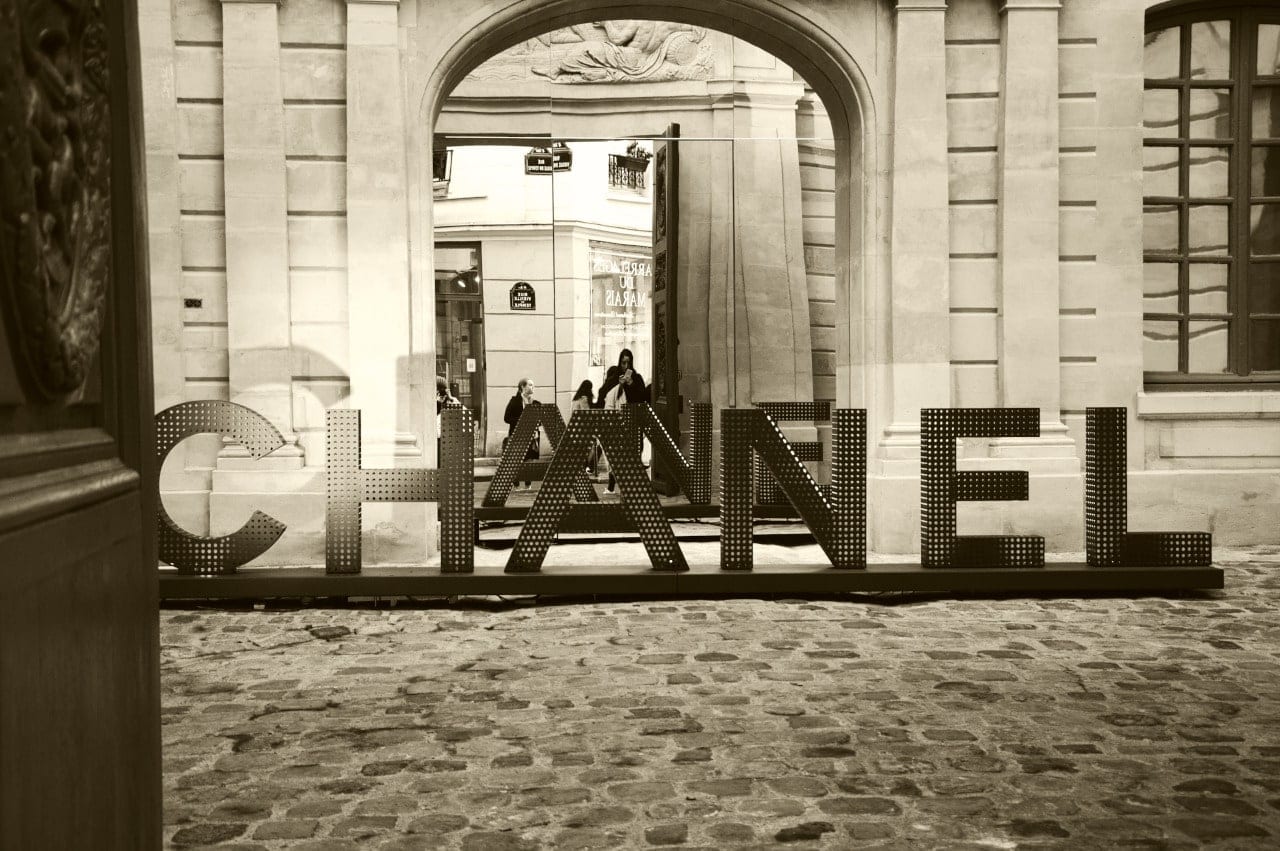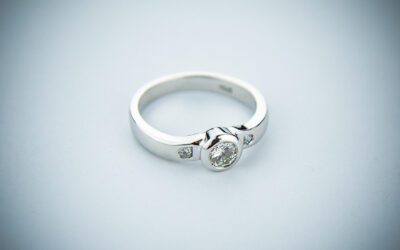Sustainability has grown to be more than just a buzzword in corporate boardrooms. In today’s world, sustainability is a way of life. Luxury powerhouses have to reevaluate every aspect of their business operations, from the nature of the material used to the processing and transportation of their products.
Related: Flagship Kia electric will be fast to charge, and really fast
Luxury and sustainability may sound paradoxical when used together. For industries defined by pomp, excessive consumerism, and guilty pleasures, the need for responsible resource use may sound like an afterthought.
The radical shift in consumer expectations
A growing body of research indicates that the new generation of consumers is more likely to act on their beliefs and convictions when making purchase decisions. Damning statistics such as the fashion industry accounting for the second-highest level of global pollution can rub customers the wrong way.
Consumers aware of such information are pushing their favorite luxury brands to show that they are doing their fair share to protect the planet. Millennials and Generation X now make up 75% of global luxury sales. The younger generations take more time researching the environment. Social issues impact their purchase decisions and they won’t hesitate to drop any brand that falls below the bar.
Green at heart
Consumers are not the only stakeholders pushing the need to relook sustainability at luxury brands. Employees in the luxury houses also reflect the greater conviction of values held by the people outside the business. Designers are increasingly pushing for sustainable products through their innovations.
Reimagining luxury living through socially conscious brands
Companies looking for answers to ‘what is sustainable luxury?’ may need to go beyond greenwashing. Consumers expect a sincere approach to eco-friendly and sustainable luxury practices.
Brands are moving from just implementing sustainable initiatives to looking for sustainable innovations. It could be watch straps made or recyclable materials, to entire cloth lines using natural fibers. Businesses are having to rethink their production approaches. Hiring a sustainable packaging design agency has become standard practice.
Luxury brands need to think big and carve out a competitive advantage by creating an end-to-end customer experience that fosters relationships. The values of the companies may need to reflect the sentiments held by the growing millennial and Gen Z population.
It means that brand storytelling needs a major revamp. Companies may need to go beyond talking about sustainability and coming up with sustainable innovations. The future is bright for luxury businesses that can connect brand narratives to their long-term strategies, nurturing a lasting customer value.
Collaboration to a greener planet
There has been climate agreements from nations across the world to luxury brands committing to support a greener earth. Indeed, the sustainability wave is sweeping across the globe. In 2020, more than 32 companies, including fast-fashion and luxury fashion houses such as Chanel, Prada, and Zara, signed a fashion pact. The brands pledged to combat greener houses and champion sustainability in the industry.
Conclusion
Changing consumer behavior and preference continues to push luxury brands towards conservation efforts. More and more they are incorporating sustainability in their long-term goals. While the change is challenging for most businesses to come to terms with, it is necessary for brands that wish to stay relevant. Reusable materials, sustainable packaging, and ethical sourcing may soon become standard for luxury companies.

I am a 50-something Torontonian who loves everything about my city. It’s been my home, my playground, for my entire life. I went to school here. I met my wife here. I own real estate here. I love writing about the transformation of my city on the world stage, which hasn’t been anything short of dramatic. That continues on, as I write this. I write on the real estate scene. I write on travel and fashion. I like following the world of luxury watches.
But I love writing about cars – check that, luxury cars, a level of superior, engineering sophistication, high performance and style, that transports you not just from one destination to another but also out of whatever you are going through on a particular day, whatever mood you are in, all to another head space. It’s complete and total exhilaration, head to toe.
Check out my stories, and email me direct at mkeast@regardingluxury.com








